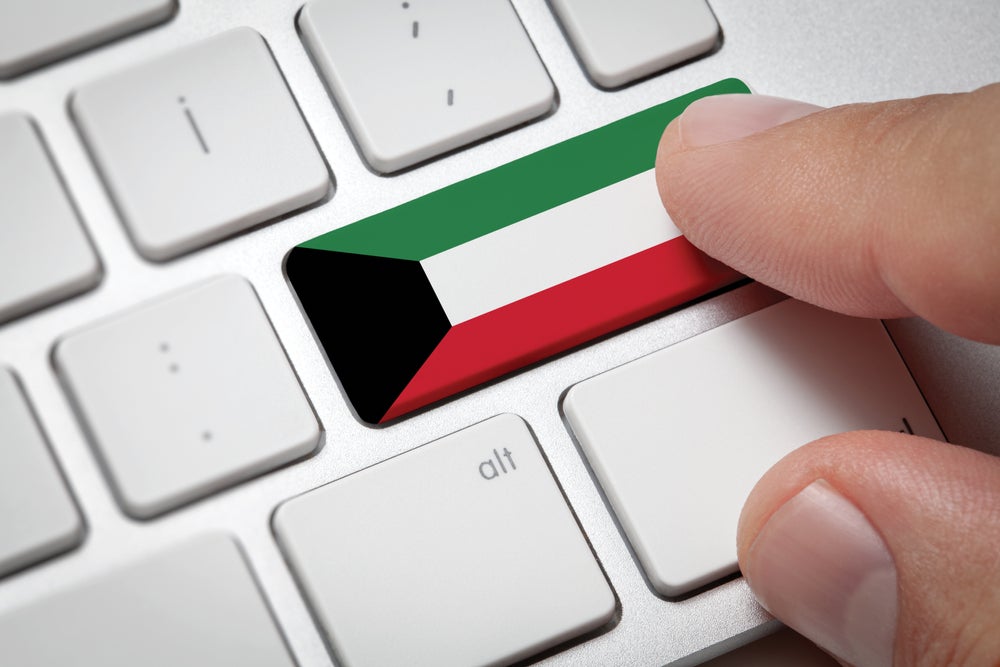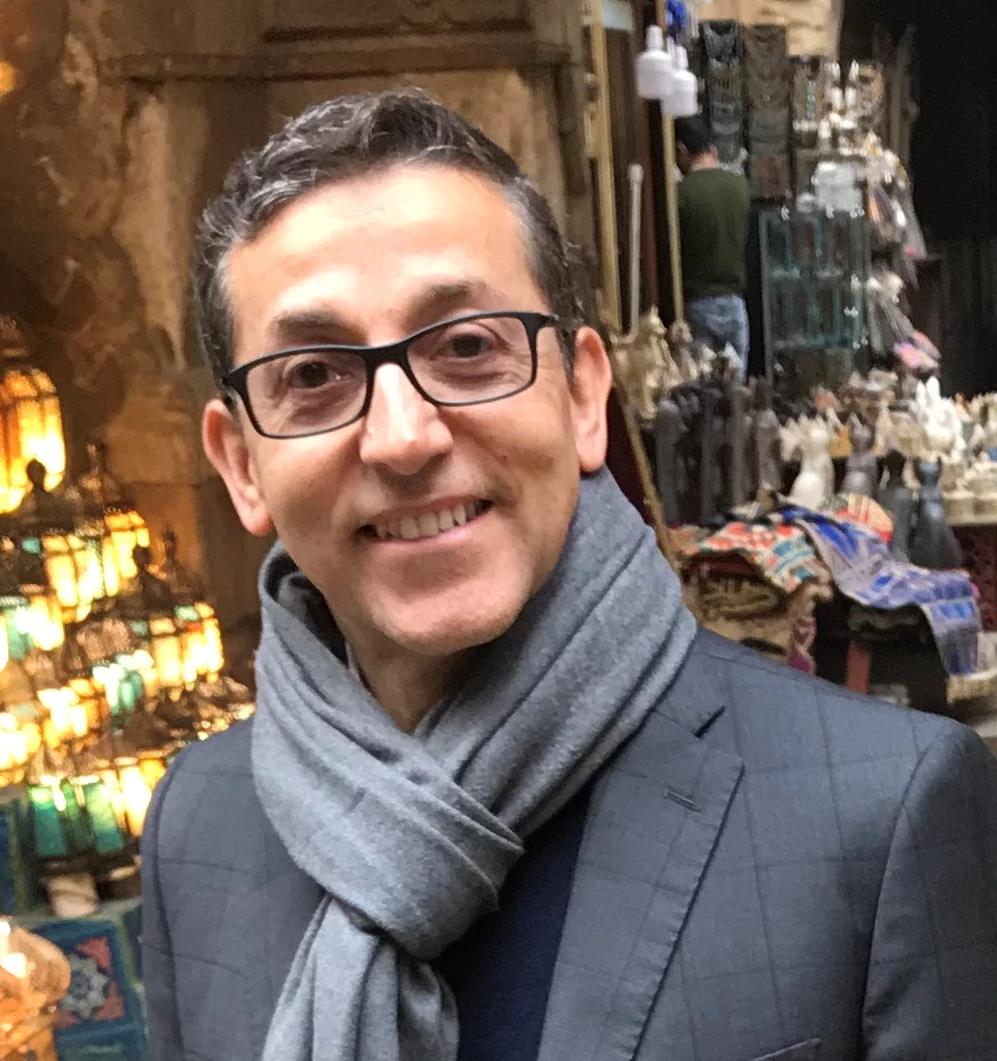 Keyboard with Kuwait flag
Keyboard with Kuwait flag
In November, I joined the “Q8 Vs Covid-19” Ideathon. Just as in a hackathon, in an Ideathon competing teams put their thinking caps on, in this case to come up with everyday solutions related to the Sustainable Development Goals and current Covid-19 crisis in the Middle East & North Africa (MENA) region. A first prize of US$15,000 and a contract with the UN’s Development Programme (UNDP) will give the winning team a chance to put its proposal into action. Teams coming second and third will receive smaller prizes.
The prize money, and publicity that went into it, were enough to attract over a hundred teams of three to five individuals grouped into each, to the event, which was sponsored by UNDP, Kuwait General Secretariat of the Supreme Council for Planning and Development, and the World Bank. There were applications from 17 countries. I was lucky enough to be one of 30 coaches supporting the participants. Three teams were assigned to work with me, or perhaps it was the other way around!
The first step in the Ideathon was preparation—a trial-by-fire introduction to “Slack,” our collaboration platform, and Mural, a visual brainstorming software, as well as other techniques. In parallel, we watched virtual sessions featuring high-profile speakers from a dozen Arab countries. We learned the intricacies of Bahrain’s innovation program, Egypt’s efforts to distribute benefits through IT to its population, and Kuwait’s to audit Covid-related expenditure to increase the transparency of public spending, among many other topics. Simultaneous translation into English and French (all done through Zoom) made the sessions accessible. Buoyed up by this training, our teams were then thrown into the deep-end.
For the most part, coaches were matched with teams from their countries to make sure they shared an understanding of country context and its specific development challenges. I was lucky enough to be matched with three inspiring teams of young people who included doctors, engineers, computer scientists, and others willing to devote time and effort to becoming advocates and activists. And, for the next few days, my Slackbot pinged incessantly with questions and a stream of ideas from my new teammates.
Together we brainstormed problems affecting health care, education, and ways to improve public sector productivity. Each team consolidated their newly acquired skills in design thinking, creative problem solving, and behavioral economics. After a long weekend of late nights, video calls, and several iterations of their presentations, our teams submitted their proposals just ahead of the midnight deadline.
I was struck by the high percentage of women involved, and the creativity, ingenuity, and perseverance of both the young men and women, as well as the strength of their desire to change their societies for the better. At relatively small cost, and with the help of a lot of volunteers, the Ideathon had managed to get more than 500 people to spend several days thinking deeply about ways to overcome the constraints Covid-19 had imposed on them and to help MENA countries meet their SDG targets.
And now we await the results of the competition. But that really is tangential: All the teams are winners since they will go on to use the skills they learned in their day-to-day lives and improve their communities along the way. I will end this post as I ended my interactions with all my three teams, by using a quote from the famed anthropologist, Margaret Meade: “Never doubt that a small group of thoughtful, committed citizens can change the world; indeed, it's the only thing that ever has.”



Join the Conversation